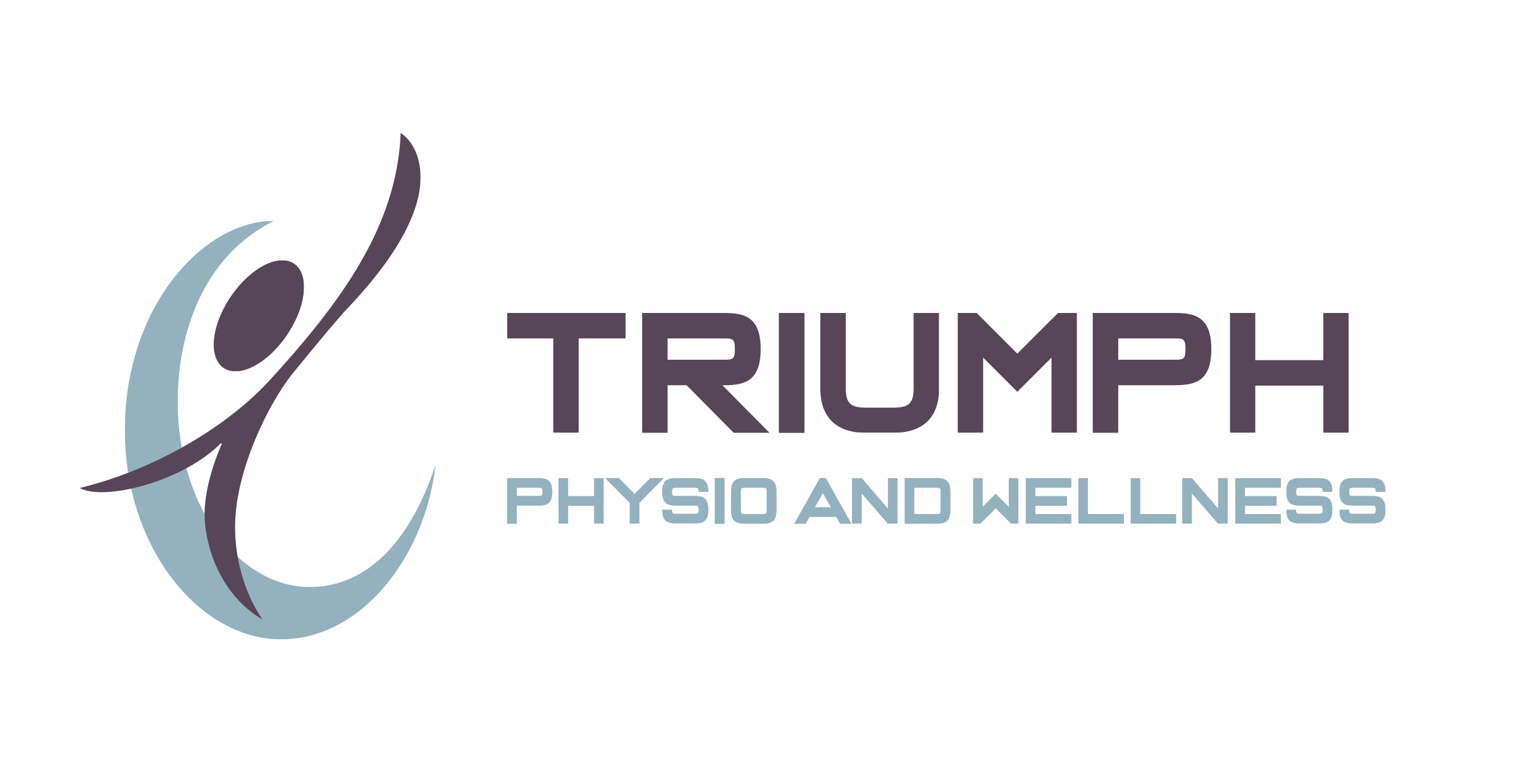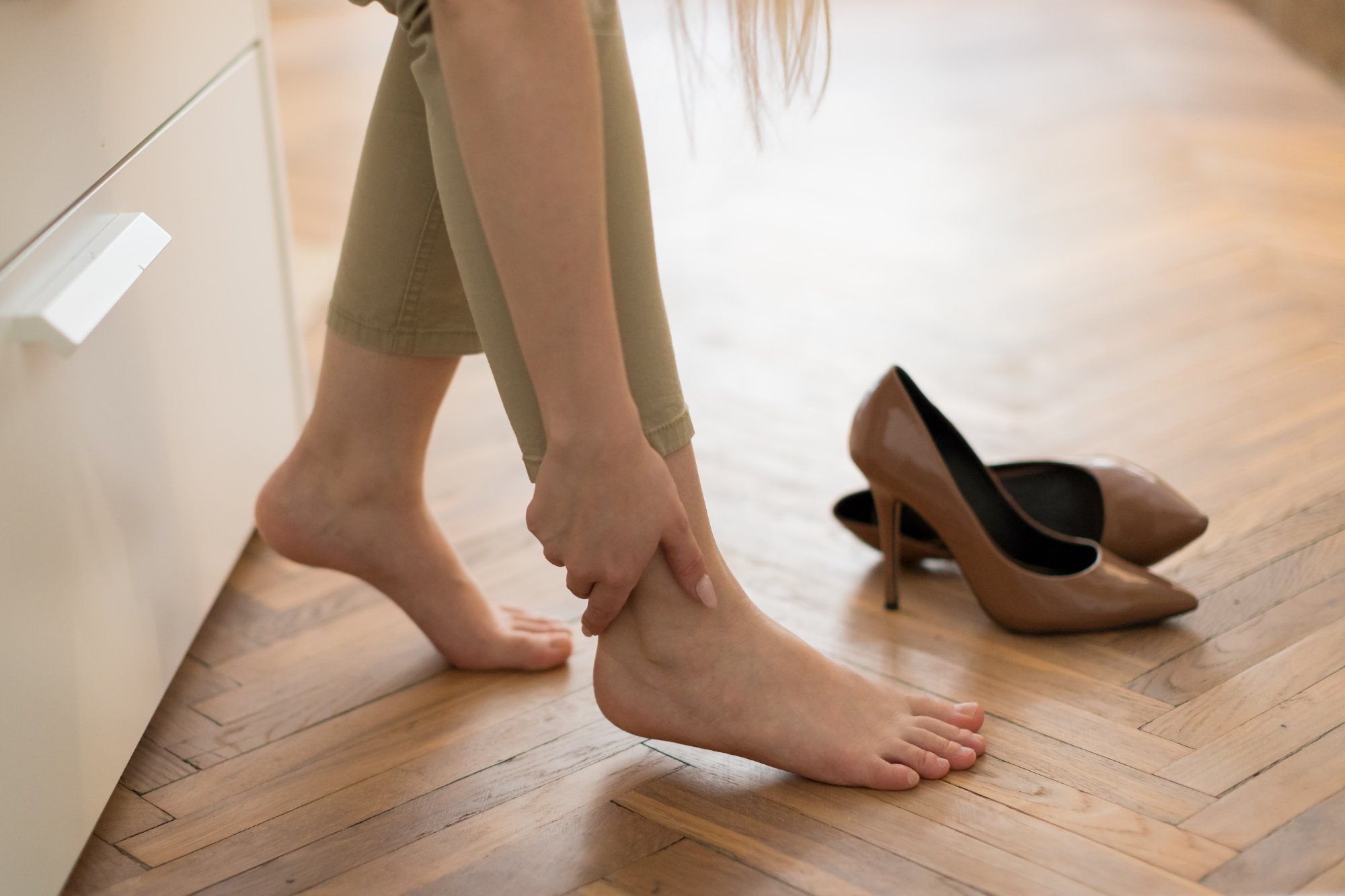Still Have Heel Pain? Signs Your Achilles Tendon is the Cause
Have you noticed pain in your heels lately when running, walking, or playing sports? Maybe it's shown up as a dull ache for now, but it's possible it'll become more severe, especially over time. If you’re experiencing this issue we can’t recommend addressing it enough, because it may be a symptom of a potentially serious issue with your Achilles tendon…more specifically, we're talking about Achilles tendinosis.
What is Achilles tendinosis?
Achilles tendinosis is a type of overuse injury that affects your Achilles tendon, the band of tough tissue on the back of your ankle. This tendon is crucial for the proper use of your foot, as it connects the bones and muscles to your calf muscle. The Achilles tendon then plantar flexes your ankle, producing the force off of the ground needed for you to walk, run, jump, touch your toes, and more.
If your Achilles tendon is repeatedly or intensely overused, it can lead to a case of Achilles tendinosis. This is especially true for people who are aging, as the tendon can lose some of its structural integrity over time and become more prone to injury. It’s also most likely to affect people who exercise less frequently but more intensely, such as those who play sports only on weekends, or have just drastically increased their running intensity.
Other factors that may increase your risk for tendinosis in your Achilles tendon are:
Sex - On average, males more commonly experience Achilles tendinosis
Certain physical issues - Flat feet (a lack of arch in your feet), obesity, and overly tight calf muscles can all lead to excessive strain on the Achilles tendon
Age - As we get older, we’re more likely to experience strain and potential injury on tissue structures such as tendons
Training details - Many factors of your training can increase your risk of Achilles tendinosis, including worn-out running shoes, training too often in cold weather, or training excessively on steep terrain
Medical conditions - Certain medical issues can increase your risk of Achilles tendonitis, including psoriasis and high blood pressure
What are the risks of Achilles tendinosis?
There are a number of potential risks and complications that can arise from advanced Achilles tendinosis. The most common sign that something is wrong is pain in and around your heel. Often, it begins as a mild ache which can progress to sharp pain with every step you take.
In particularly serious cases—such as where someone develops Achilles tendinosis and doesn’t seek treatment and adjust their training routine—tendonitis can leave you vulnerable to a torn tendon, otherwise known as a rupture. Not only is a ruptured tendon extremely painful, but you’ll be virtually unable to use your foot until you receive surgery and undergo a very long recovery period.
As you can clearly see, Achilles tendinosis comes with a fair amount of risk when left untreated. So what are the best ways to go about addressing this issue if you begin to notice the telltale heel pain?
How we can help address heel pain
As an active person, nothing can feel quite as limiting and frustrating as not having complete control over your body. That’s why seeking prompt treatment when you notice unusual heel pain is so important. If you allow it to progress too far without treatment and adaptations to your training, it can greatly increase the recovery period—leaving you off your feet for longer.
At Triumph Physio, we have years of experience in helping people to prevent, manage, and recover from overuse injuries in their Achilles tendon. Depending on your specific case, we may take slightly different approaches from person to person. But here are a few things you can expect from the process that we do1. with every patient.
1. Assessment
When we begin work with all new patients, we always start with an assessment. Everyone’s body works a little differently, so this is our chance to really get a look at what’s going on for you and how we can help. We’ll ask you about:
Your history with body pain and mobility issues
Any history with this particular issue
Your exercise habits
The details of your training routine
And more
By taking the time for an in-depth assessment, we can put together a detailed treatment and management plan that will provide you with the best results.
2. Strengthening
One of the most important ways we help you manage heel pain caused by Achilles tendon strain is through a strengthening program. This allows you to get stronger in all of the muscles that support the tendon, reducing the strain on the tendon and therefore reducing the risk of injuries in the future.
3. Stretching
Working in tandem with strengthening exercises, deliberate and precise stretching can be invaluable. This will help you stretch the tendon and reduce the painful tension and compression you might be experiencing, and also relax the tendon on an ongoing basis to prevent future injuries.
4. Training adjustments
Our physiotherapists are experts in athleticism, and they can help you adapt and adjust your usual training routine, accommodating your injuries and other physical limitations. Continuing to stay active is vital to recovering from these injuries, but it has to be done in the right way. We can help you develop a new routine that keeps your body engaged without risking injury.
Getting back on your feet (literally)
If you’ve noticed the signs and symptoms of Achilles tendinosis flaring up in your own body, we can help. While this can become a serious limitation, it doesn’t have to be. You simply need to work with a professional, someone who can take your unique physical health into consideration and create a treatment plan that simply works.
Here at Triumph Physio and Wellness, we pride ourselves on taking a highly individualized approach to our physical therapy services, providing results that get you on your feet in the short term, and feeling great in the long term.
Contact us today if you have more questions about heel pain or if you're ready to book an appointment!
Creative Commons Attribution: Permission is granted to repost this article in its entirety with credit to Triumph Physio and Wellness and a clickable link back to this page.

